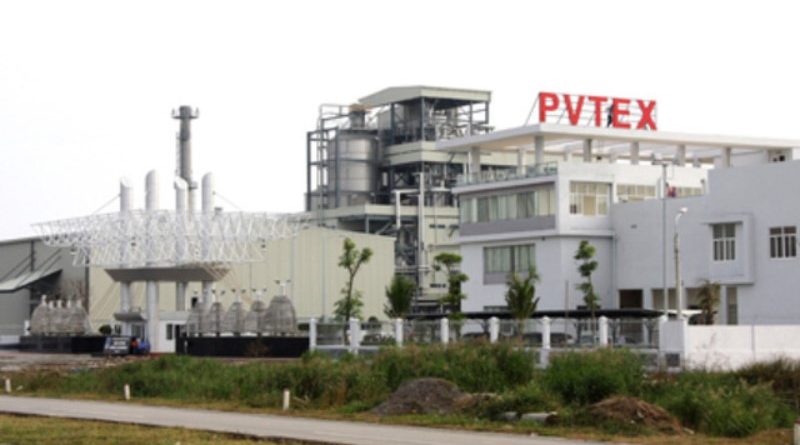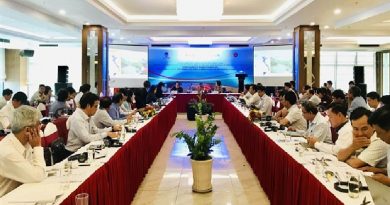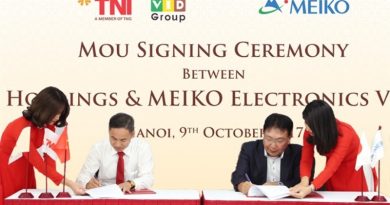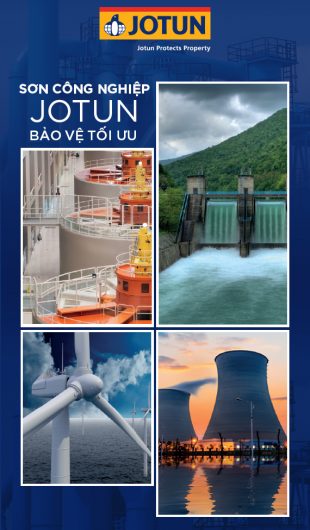Three loss-making projects request capital to resume operations
The three projects are Quy Xa iron ore mining and Lao Cai steel complex invested by Vietnam-China Mineral and Metallurgy Co., Ltd. (VTM), Thai Nguyen iron and steel plant–phase 2 invested by Thai Nguyen Iron and Steel JSC (Tisco), and the third is Dinh Vu polyester plant invested by PetroVietnam Petrochemical and Textile Fiber JSC (PVTex).
Positive movements from three loss-marking projects
According to a report from Tisco, despite the fact that the construction of Thai Nguyen iron and steel plant—phase 2 has been delayed, the first phase of the plant made profit. Notably, as of the end of 2017, Tisco reported VND101.71 billion ($4.47 million) in after-tax profit via selling 724,615 tonnes of rolled steel and over 400,000 tonnes of steel billets and other products.
VTM, after two consecutive years of operating in loss, stared to make profit in 2017. Notably, VTM earned a pre-tax profit of VND405 billion ($17.79 million). In the first two months of this year, VTM made VND1.069 trillion ($46.97 million) in revenue and VND198 billion ($8.69 million) in pre-tax profit from the Quy Xa iron ore mining and Lao Cai steel projects.
With the above business results, Nghiem Xuan Da, chairman of the Board of Directors of Vietnam Steel Corporation, proposed the government to remove Quy Xa iron ore mining and Lao Cai steel projects from the list of 12 loss-making projects.
The long-delayed Dinh Vu polyester plant completed preparations to resume the operation of its draw texturised yarn (DTY) manufacturing workshop on March 20, creating the premise to resume the operations of its remaining workshops.
The operating duration of the DTY workshop will be six months, during which PetroVietnam Petrochemical and Textile Fiber JSC (PVTex), the plant’s operator, will select a partner to co-operate in running the plant.
Thirty capital to remain operation
VTM has studied plans to invest into a manufacturing line with the annual capacity of 500,000 tonnes for Quy Xa iron ore mining and Lao Cai steel projects, however, it is only a dream as the firm is already struggling to escape its losses. Meanwhile, the government expressed reluctance to provide state money to rescue these loss-making projects.
Regarding the Thai Nguyen iron and steel plant–phase 2, the government approved Tisco’s divestment plan to collect capital to keep its existing plant in operation and resume the construction of the second phase of the plant.
According to Da, Tisco has to pay VND350 billion ($15.37 million) of interest to banks every year. This money is taken from the profit of the company. In case Tisco decreases the state-owned stake to 20 per cent from the existing 65 per cent, Tisco will have money to pay the a part of its debts to banks and reduce subsequent interest payments, allowing it to turn the profit to invest in the second phase of the plant.
| The key factor to resume the operations of loss-making projects is generating enough money to pay off their debts and the expenditures for hiring lawyers to deal with litigation in EPC contracts with foreign contractors, among others. |
Dinh Vu polyester plant, according to the calculations, needs VND256 billion ($11.2 million) to resume operations. To this effect, the chairman of PVTex proposed a series of incentives.
Notably, the firm asked to receive support during the completion of the procedures to resume the plant. Besides, it required to keep the 2 per cent import tax applied on fiber products and asked for exemption from import tax on partially oriented yarn (POY) products.
In order to operate the plant smoothly, PVTex asked the Ministry of Industry and Trade and PetroVietnam to consider a number of its proposals. Accordingly, PVTex wants to receive paraxylene (PX) manufactured by Nghi Son Refinery and Petrochemical (NSRP) complex from PetroVietnam and receive 50 per cent of the polypropylene manufactured by Binh Son Refinery (BSR). At the same time, PVTex requested preferential policies that NSRP and BSR applied to partners in PX and polypropylene sales contracts.
Furthermore, the company has built long-term plans to deal with the plant and in April it will submit them to local authorities to select the optimal plan. The first alternative offered by PVTex is to take the plants operation in its own hands. The second alternative is co-operating with either an international or a domestic partner, while the third plan is either to sell the plant or to declare bankruptcy for the plant.
Source: VIR










